Post details
postit found at our team offsite
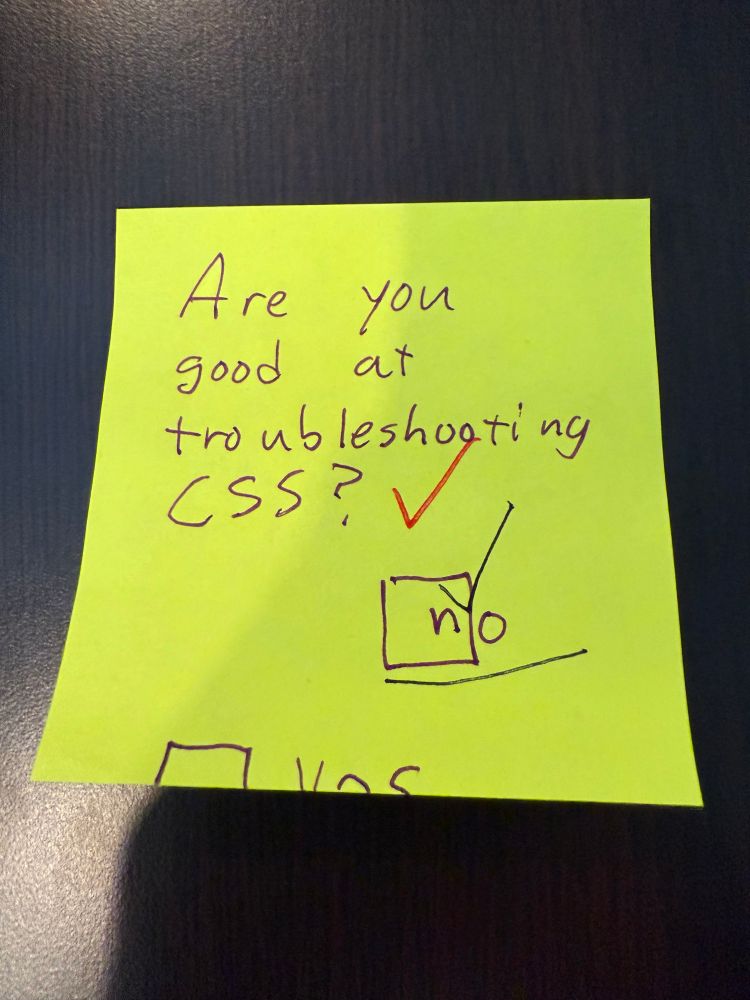
This content type is full of IndieWeb post types, which are all content types which allow me to take greater ownership of my own data. These are likely unrelated to my blog posts. You can find a better breakdown by actual post kind below:
postit found at our team offsite

The only data that matters

Listen to this episode of The Delta Flyers: 'Scorpion Part 1' released on August 25, 2025. Stream this episode and discover all the new episodes from your favorite podcasts on Podbay, the best podcast player on the web.

Between and I took 2458 steps.
Listen to this episode of The Delta Flyers: 'Worst Case Scenario' released on August 25, 2025. Stream this episode and discover all the new episodes from your favorite podcasts on Podbay, the best podcast player on the web.

good morning to everyone still masking in public to prevent covid infections y'all are the real ones ❤️ everyone else can fix their damn hearts
Thanks everyone for the kind words words when I was laid off from GitHub in May. I promptly shut my computer and took a few lovely months of vacation ☺️ Now I’m back and starting interviewing! So if you’re looking for an expert in building community-first programs, now’s the time to let me know ☎️ [contains quote post or other embedded content]
Hey look at that. I complain about something and it gets fixed. 😀 The latest release of oapi-codegen announced a new feature for dealing with optional pointers. #OpenAPI #golang https://github.com/oapi-codegen/oapi-codegen/releases/tag/v2.5.0
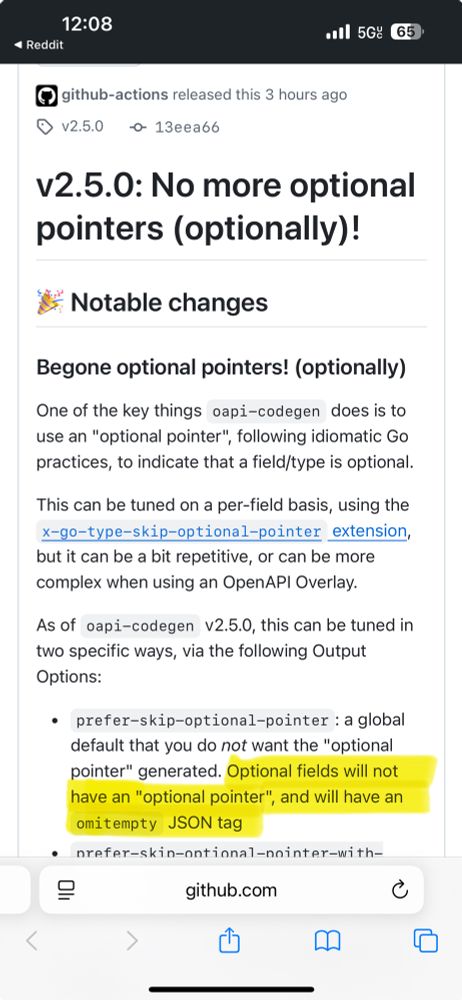
Listen to this episode of The Delta Flyers: 'Displaced' released on August 25, 2025. Stream this episode and discover all the new episodes from your favorite podcasts on Podbay, the best podcast player on the web.

Between and I took 3815 steps.
Welcome back to Break, a Fallthrough aftershow! In this second episode, Kris and Matt are joined by Jamie Tanna and Steve Klabnik to talk about Fallthrough episode #29. They touch on topics they thought they'd discuss but didn't, Jamie's unusually high pain tolerance, why breaking changes seem to...
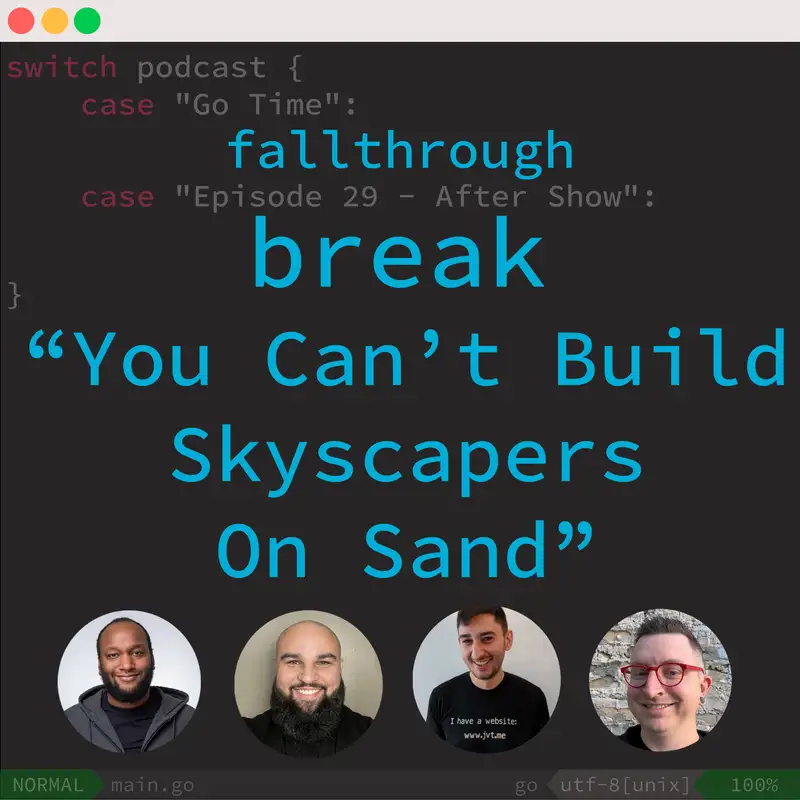
Between and I took 2549 steps.
Versioning! It's a topic that we all deal with on a daily basis, and yet it's a topic that many of us dread. Our ecosystems love semantic versioning, but many of us find it lacking for many of our use cases. In this episode, Kris and Matt are joined once again by Jamie and Steve to talk about...
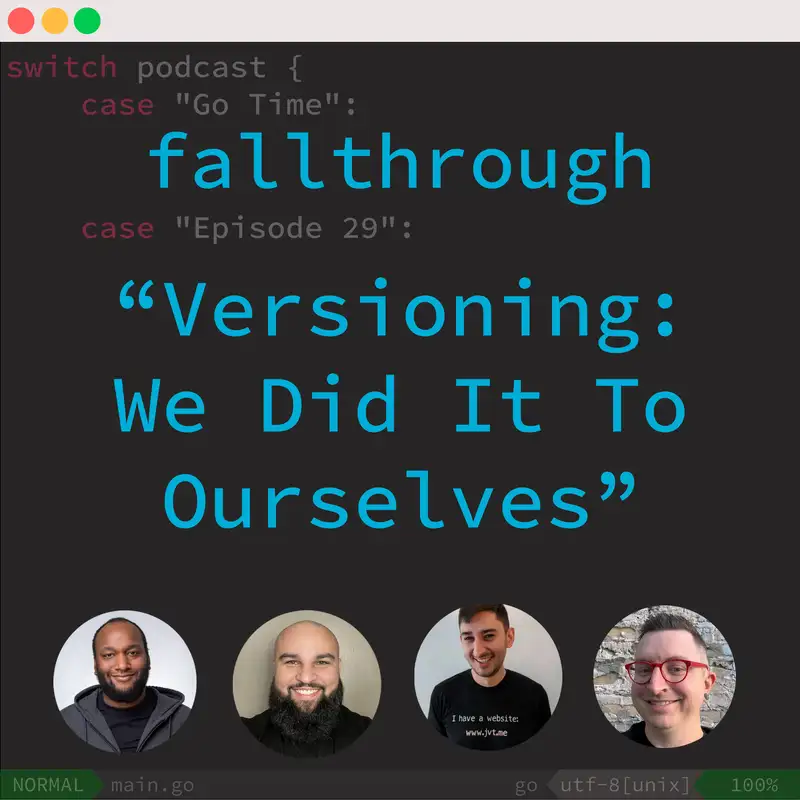
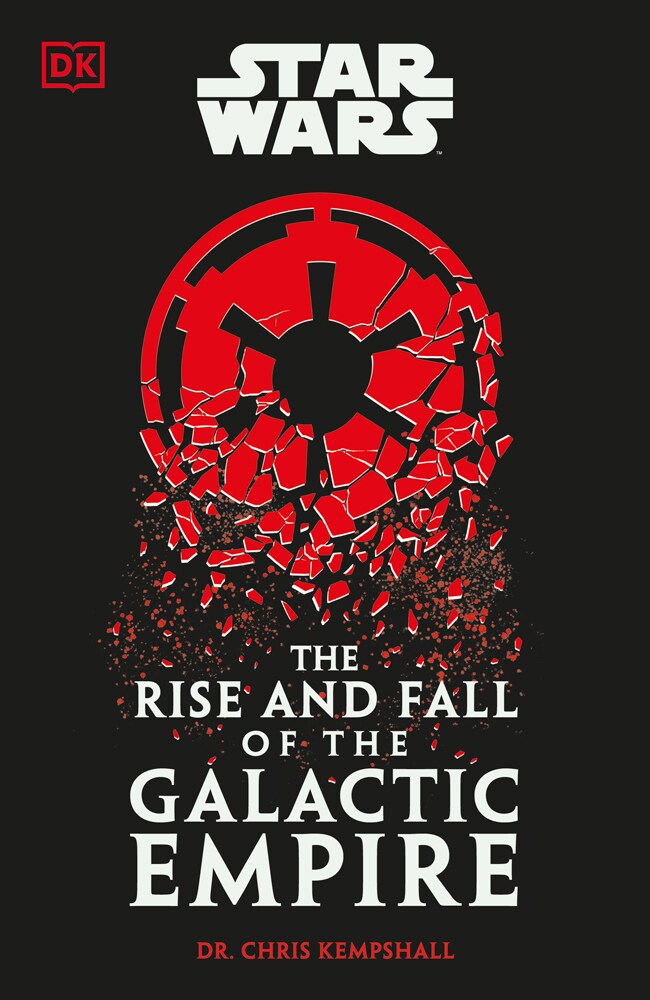 (isbn:9780241655047)
(isbn:9780241655047)Unpopular opinion. A well-written issue is generally more valuable than a pull request.
I'm sharing mine very publicly which has helped people be more forthcoming to share
Also, at the time of layoffs at a previous company, we started putting together (slightly) anonymised data, to help with negotiation / applying for new jobs
This is certainly the tism talking but I find so much joy in curiosity and the process of learning that the idea of wanting to outsource thinking to a machine is unfathomable to me That’s the fun part! Why wouldn’t you want to do that?
Between and I took 8702 steps.
Nick Nisi joins us to discuss all the Windsurf drama, his new agentic lifestyle, whether or not he's actually more productive, the new paper that says he maybe isn't more productive, the reckoning he sees coming, and why we might be the last generation of code monkeys.
I've been telling people that deleting prod is the way to go if you want accurate documentation and a reliable system (i.e, no system, no docs). Good to see AI getting on my level!
This is the first time I'm turning the mic around. This is the story of StreamPot. A DevTool I launched about a year ago.It was just acquired by ittybit so I th...

Similarly, I’ll sooner go back to being a cashier then write code for war related tech
I dunno, man, I know exactly which picture was being circulated by women in 2021 [contains quote post or other embedded content]

“You’re pan, poly, and nonbinary. It’s the trifecta of refusing to choose” @abgushte.bsky.social to me, when selecting multiple snacks
Between and I took 5646 steps.
The public reaction to a billionaire being liquified in a submarine implosion or a CEO getting murked in broad daylight should have been a good indicator that we’re not gonna give a fuck about a rich CEO getting caught cheating at a Coldplay concert.
This is our 100th episode! And we're thrilled to welcome back fan favourite Ant Wilson - the cofounder and CTO of Supabase.They discuss the evolution of Su...

Mocking is one of those things that started out as a simple idea, and has evolved to support an incredible amount of developer use cases over the years. In this episode of the Podcast, Tom from Wiremock chats with Phil about Wiremock's tools for API developers
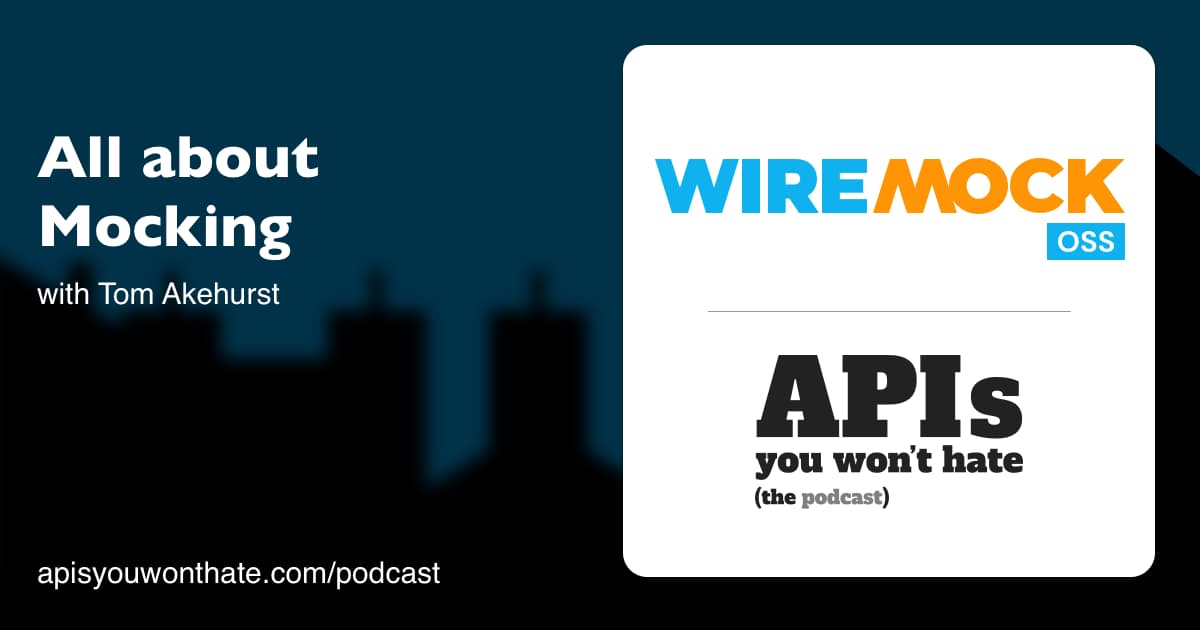
David Hsu from Retool joins Adam to discuss how he built Retool. From the pivot in YC, to building the most widely used internal tools platform, to now being the platform for AI agents in the enterprise—on this episode we cover David journey from YC to building agents for the enterprise.
Between and I took 4776 steps.
Listen to Ep 300: Ed Gamble and James Acaster (with special guest genie AJ Odudu) from Off Menu with Ed Gamble and James Acaster. We’re 300! What a way to start the new series than with a special milestone episode where, once again, the (dining) tables are turned and Ed and James are the guests in the dream restaurant. Have their tastebuds changed over the last 100 episodes? And, this time, we’re thrilled to welcome back AJ Odudu as the special guest genie.A massive thanks to AJ for hosting our big birthday episode, and a huge thank you to all of you for listening to the podcast over the last 300 episodes.AJ Odudu hosts ‘Big Brother’ and ‘Dress the Nation’ later this year.Follow AJ on Instagram @ajoduduOff Menu is a comedy podcast hosted by Ed Gamble and James Acaster.Produced, recorded and edited by Ben Williams for Plosive.Video production by Megan McCarthy for Plosive.Artwork by Paul Gilbey (photography and design).Follow Off Menu on Instagram and TikTok: @offmenuofficialAnd go to our website www.offmenupodcast.co.uk for a list of restaurants recommended on the show.Watch Ed and James's YouTube series 'Just Puddings'. Watch here.
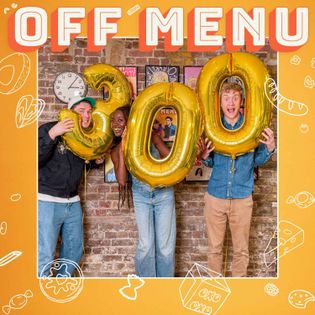
Between and I took 5691 steps.
me at the coldplay show

Unlike CEOs and other executives, individual contributors understand concert OPSEC
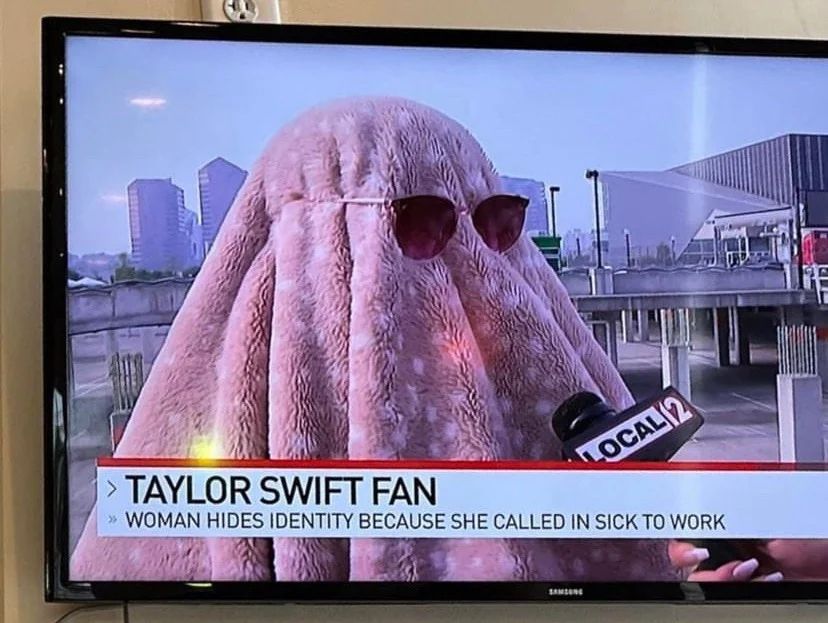
Between and I took 2193 steps.
TIL Slack stood for Searchable Log of All Communication and Knowledge. Now it stands for Salesforce Leaders Acquired Company Knowledge.
This is fascinating: https://www.reddit.com/r/OpenAI/s/I7Qbvo3I95 Someone “worked on a book with ChatGPT” for weeks and then sought help on Reddit when they couldn’t download the file. Redditors helped them realized ChatGPT had just been roleplaying/lying and there was no file/book…

"Nest egg" is a turn of phrase and don't tell me that's not a secret inside joke. 🪹🪺🥚🏳️⚧️
Between and I took 3234 steps.
Sorry Ms. Jackson
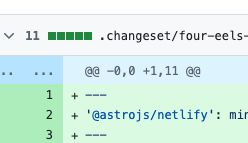
The next Manchester Go meetup is on the 30th of July at Fatsoma! This one though is a workshop so bring your laptop and follow along with @www.jvt.me on "What story does your dependency tree tell you about your org?". See you there and patch your vulnerabilities 👀 https://www.meetup.com/go-mcr/events/309017083